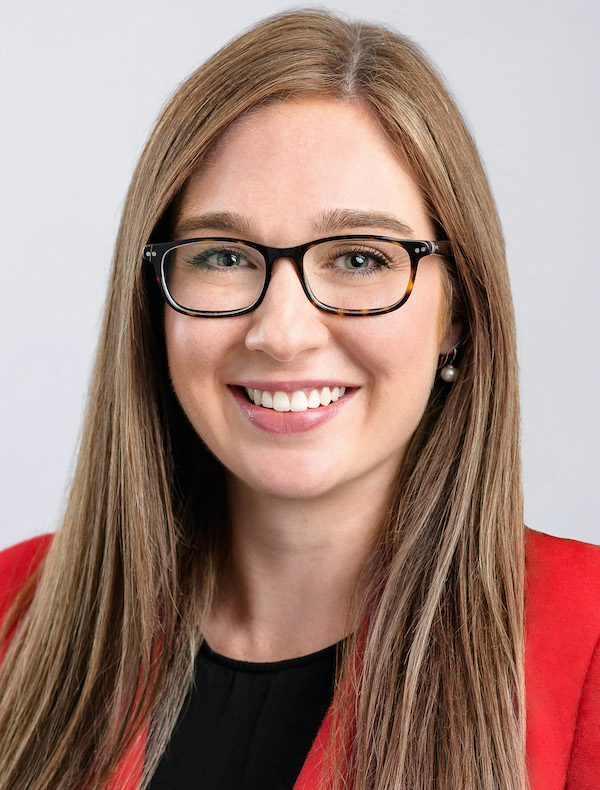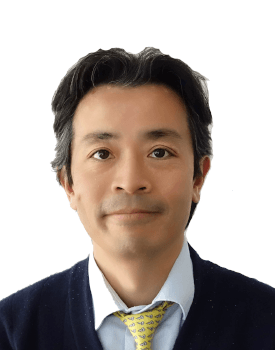BOWEL POLYPS
BOWEL POLYPS
What is a bowel polyp?
A bowel (colorectal) polyp is an abnormal, fleshy growth extending from the inner wall of the large bowel (colon and rectum). Approximately half of all Australians are likely to develop a bowel polyp during their lifetime, but the majority of these remain undetected. Over many years a small percentage of polyps can develop into bowel caner. Polyps vary in type, shape, size, location and number. These characteristics may be described in the colonoscopy report, some of the terms are explained below:
• Type of Polyp – Polyps can be divided into two main types, adenomatous and hyperplastic polyps. Adenomatous polyps are also known as adenomas. Adenomas and some hyperplastic polyps can, over sufficient time, develop into bowel cancer.
• Shape of Polyp – The term sessile describes a flat polyp, only slightly raised above the surrounding normal bowel lining. Other polyps appear as a fleshy cap, raised on a stalk, like a mushroom. These are called pedunculated polyps.
• Size of Polyp ¬– The vast majority of polyps will be small, that is less than 1cm. Some polyps, however, can grow to be several centimetres wide.
• Location – Polyps are also described by their position within the large bowel, such as the caecum, ascending, transverse, descending, or sigmoid colon or rectum.
Why are polyps important?
Bowel cancer is the second most common cause of cancer death in Australia. Polyps are usually benign but some have the potential to develop into bowel cancers.
The detection of polyps and early bowel cancers through stool testing and subsequent colonoscopy is currently the best way of preventing and reducing the burden of bowel cancer in Australia.
Bigger polyps and adenomas of a certain type are believed to have a greater risk of developing into cancers. At the time of colonoscopy, however, there is no way of knowing which polyps do and do not have this potential so, where possible, all polyps are removed.
Colonoscopic removal of a polyp, called polypectomy, occurs via a small wire loop, like a lasso, which is passed over the top of a polyp and then closed at its base to snare the polyp off.
OUR SPECIALISTS
SERVICES
OUR ADDRESS
| Level 10 & 11, 1 Newland Street Bondi Junction NSW 2022 |
| Level 10 : Procedures |
| Level 11 : Consultations |








